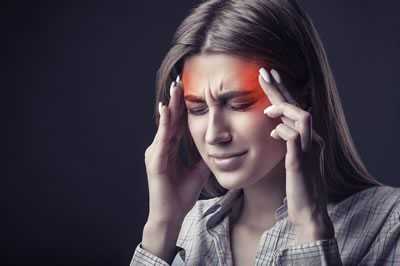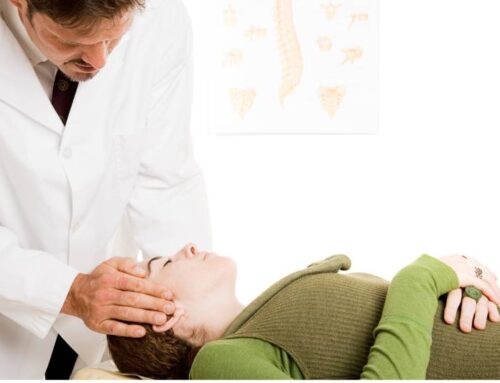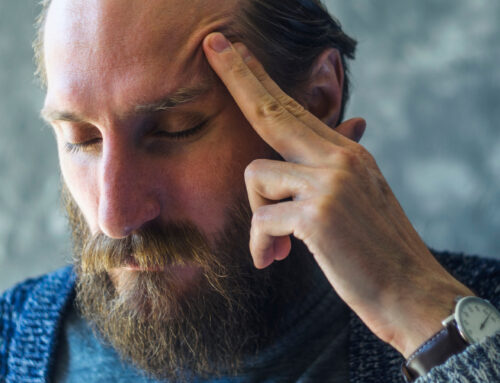Whenever I have a headache, I take two aspirins and keep away from children, as the bottle says. Most of us joke about headaches. But, suffering from constant headaches, is no laughing matter.
The World Health Organization reports that almost half of all adults worldwide will experience a headache in any given year. However, knowing that you are not alone is of little comfort if there is no cure. Below, we look at the causes of constant headaches as well as treatment options.
Types of Headache
The International Headache Society categorizes headaches as follows:
- Primary Headaches
Primary/true chronic daily headaches are stand-alone illnesses caused directly by the over activity of, or problems with, structures in the head that are pain-sensitive. This includes the blood vessels, muscles, and nerves of the head and neck. They may also result from changes in chemical activity in the brain. Common primary headaches include:
- Migraines,
- Cluster headaches, and
- Tension headaches.
- Secondary Headaches
Secondary headaches are symptoms of another/underlying condition that stimulates the pain-sensitive nerves of the head. A wide range of different factors can cause secondary headaches, and include:
- Alcohol-induced hangover
- Brain tumor
- Blood clots
- Bleeding in or around the brain
- “Brain freeze” or ice-cream headaches
- Carbon monoxide poisoning
- Concussion
- Dehydration
- Glaucoma
- Teeth-grinding at night
- Influenza
- Overuse of pain medication, known as rebound headaches
- Panic attacks
- Stroke
Constant Headaches
Chronic daily headaches occur 15 days or more a month, for longer than three months. The constant nature of chronic daily headaches makes them one of the most disabling headache conditions.
Why Do You Have Constant Headaches?
Unfortunately, the causes of many chronic daily headaches are not well understood. Conditions that might cause non-primary chronic daily headaches include:
- Inflammation or other problems with the blood vessels in and around the brain, including stroke
- Infections, such as meningitis
- Intracranial pressure that’s either too high or too low
- Brain tumor
- Traumatic brain injury
- Medication overuse headache
Treatment of Constant Headaches
The most common ways of treating headaches are rest and pain relief medication:
- Apply a heat pack or ice pack to your head or neck, but avoid extreme temperatures.
- Avoid stressors, where possible, and develop healthy coping strategies for unavoidable stress.
- Eat regular meals, taking care to maintain stable blood sugar.
- A hot shower can help, although in one rare condition hot water exposure can trigger headaches.
- Exercise regularly.
- Get enough rest and regular sleep.
- Generic pain relief medication is available over the counter.
- Your doctor can prescribe preventative medication, such as tricyclic antidepressants, serotonin receptor agonists, anti-epileptic drugs, and beta-blockers.
- Alternative approaches (Acupuncture, hypnosis, meditation)
A New Approach to Treatment
Recognizing the distress patients suffered, Dr. Andrew Smith has dedicated his career to resolving constant headaches. Finally, after years of research and perfecting his treatment, Dr. Smith developed the A.S. Remodeling Protocol® for chronic severe headaches, offering a non-surgical solution and relief to a multitude of satisfied patients.
Why The Head and Neck Centers of Excellence?
The Head and Neck Centers of Excellence, with our revolutionary A.S. Remodeling Protocol®, developed by Dr. Andrew Smith, have become the recognized leading authority in the non-surgical treatment of chronic headaches. We offer a gentle, non-surgical answer to resolving constant headaches – quickly, easily, and affordably. Contact us now to schedule an appointment.






